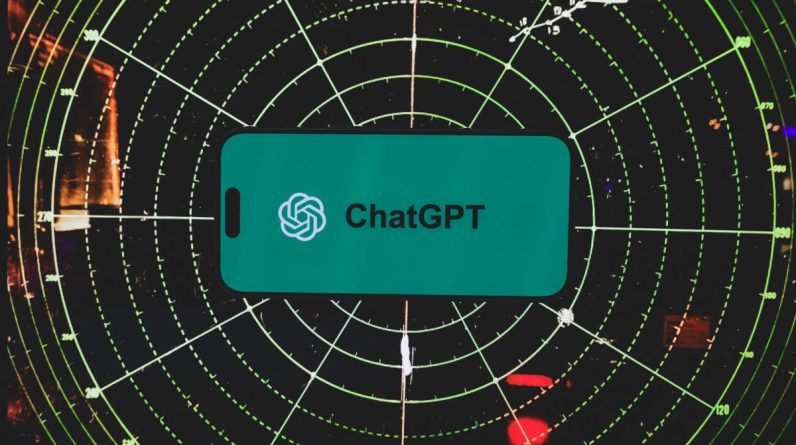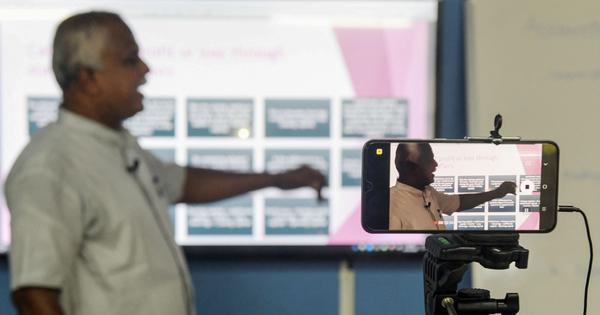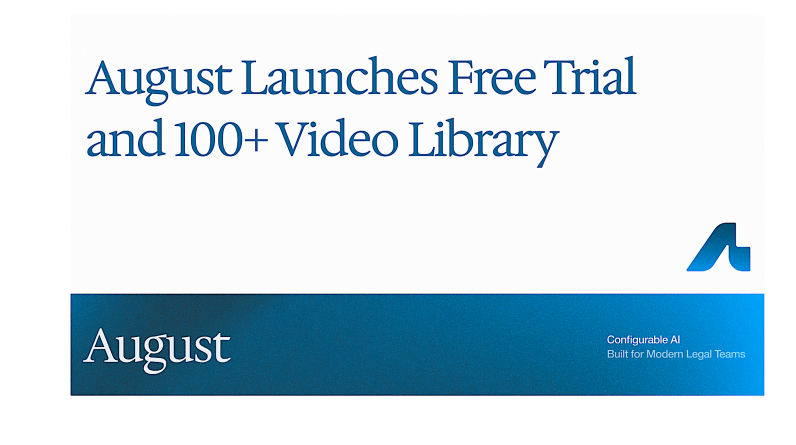
Communications professionals would be wise to get ahead of the AI curve through upskilling their knowledge and thinking about the potential impact of new predictive and generative technologies within their given organisation.
According to our most recent AI whitepaper, half of communications professionals are concerned that developments in AI could take their job, and one in four have never tried a generative AI tool. For those reluctant to learn more about AI developments, they will struggle to be seen as a reliable and knowledgeable source of information, never mind an authority, and if this is the wider mindset of the comms team then it will be used purely as a service function outlet for any relevant digital change programme pertaining to AI in the future. You cannot complain you aren’t allowed strategic input if you don’t show a willingness to at least understand what it is you are or are not adopting.
For those who continuously upskill and increase their knowledge, their expertise on AI and more widely the business impact will elevate both them and the function, potentially enabling core strategic input.
These tools used internally, whether for communicators to reach their workforce easier, or to decipher data in seconds, or create decks or scripts, or for any other reason including enterprise wide innovation with all employees using these technologies, are going to have a profound impact not only on how the comms functions operates and looks in the future but also the organisation (and the wider world of work) at large.
It is a responsibility for communications professionals to get clued up on AI and have input into the company’s roadmap. It will also enable the function to elevate its strategic importance as part of the change project and for upcoming digital transformation projects in the future.
Deciding whether or not to adopt generative artificial intelligence partly or fully within the organisation as a decision maker may be above your pay grade, but you can heavily influence the final decision and every single relevant stakeholder group with your insights and research. Identify the key areas of exploration, such as governance, business impact, and potential implementation, as well as having a solid foundation of knowledge to ensure your input is informed.
How to influence leaders
Technical experts and other stakeholders as part of the steering committee will have a pivotal level of influence around governance, adoption, advising on company position, and more throughout the entire AI and digital transformation roadmap. However, the job of the communications function in general revolves around understanding not only the basics of the technology but also the critical, human element – the think, feel, do actions of the workforce.
It’s extremely likely that the CEO or Managing Director and other leaders have a rudimentary knowledge of AI in general, possibly reading the odd McKinsey report here and there at most. Being able to present insights and facts in a manageable manner makes you a useful resource for leaders as you don’t spew out jargon.
As groundwork, ensure not only you yourself but all levels of the comms function are aligned in knowledge and general vision for the AI roadmap.
Also consider:
- Make sure the narrative you present to leaders is always consistent with the vision, values, and strategy of the business and keep this in mind. If you stray from the corporate narrative, you will likely find yourself sidelined. Use data and facts to present your opinions based on what is best for the business, not necessarily what is best for you.
- Read up on case studies, good and bad, on deploying AI tools. Make sure you yourself understand the appetite versus the risk. Make time to speak with your IT security teams and plug any knowledge gaps.
- Focus heavily on ethical considerations and governance, including best use guides, as the comms function later down the line will be the one feeding this in. Do this early on to ensure strategic input and no sudden shocks down the line.
- Create a robust map of the challenges adopting a given AI tool could present. For instance, some AI may be implemented to ‘streamline’ operations – it could mean redundancies. Not all AI roadmaps are about optimising work quality and output and creating jobs. This report from the World Economic Forum predicts which jobs will be severely impacted by new AI tools. How can you link such tools to business strategy? Are you prepared for the engagement dip that a round of redundancies would inevitably deliver?
Another area where you can add strategic advantage is through your day-to-day work with people (employees), and helping to build out a change plan where relevant. By leaning in early into the ears of leaders, this consideration (which is critical for adoption, ethical use, and perhaps even retention and employee engagement), can make sure that pain points are addressed and potentially mitigated early.

How to lead the steering committee
Clarity around the use of GenAI is critically important. Organisations need to develop clear roles and responsibilities around the acceptable use of generative AI within the organisation. You have a part to play in this, and if you want to lead the committee, make sure you put your hand up!
Governance must go across the board, with no single relevant stakeholder group left out. There is no right or wrong approach as of now, so focus on the steps required from the stakeholder group conversations and create a living document as the pace of change necessitates this.
As internal or corporate communications professionals, you are ideally placed to make a significant impact within the committee and bring both ideas and people together. More than this, however, you have the people skills to work across all stakeholders, which ideally places you as the committee lead.
Furthermore, as communicators, you are necessary for several touchpoints before, during, and after any decisions have been made about the use of generative AI. Communicators are also particularly adept at planning and have a rounded knowledge of both business operations and experience of stakeholder management. This makes the communications function and AI lead within those areas a vital part of the jigsaw.
Become the trainers for leaders and employees
With this strategic advantage, if you are deploying new technologies, particularly generative AI tools which can be used by non-technical employees such as Copilot or Gemini within the enterprise, it also makes sense that you train leaders, champions, and employees.
Technical experts within the enterprise are not people you want to let loose as AI trainers. Again, with the planning capabilities, rounded knowledge of the communications function, and relevant skills training around generative AI, it should fall to the communications/employee experience function to lean into this narrative.
This should form part of a relatively (but not needlessly), complex communications plan around the use of generative AI. All organisations are different and with nuanced complexities, but a standard template should apply for all.
- You need to train your leaders.
- You should train managers on their use of generative AI and in turn offer a toolkit for them to teach their teams.
- You should consider town hall training or company-wide tutorials with playback, depending on your organisation.
- You could consider implementing a mandatory training module.
- You must start a champions network and give them the tools and skills to train and reinforce behaviours.
Alongside the practical process of training your people, you also need to work on company-wide behaviours and ways of working that complement this as part of your wider digital transformation change programme.
And there you have it: what started as an attempt to have the eyes and ears of senior leadership has resulted in delivering the AI programme from inception to conclusion within your company, with you in the driving seat at every turn.
Good luck!
**********
Talk to our consulting team
At Simply, a Gallagher Company, we are digital transformation and AI specialists. Our consulting team can run through how generative AI technologies have the capability to transform operations as a communicator and within your organisation. Why not have a free consultancy call with us by filling out this form.








